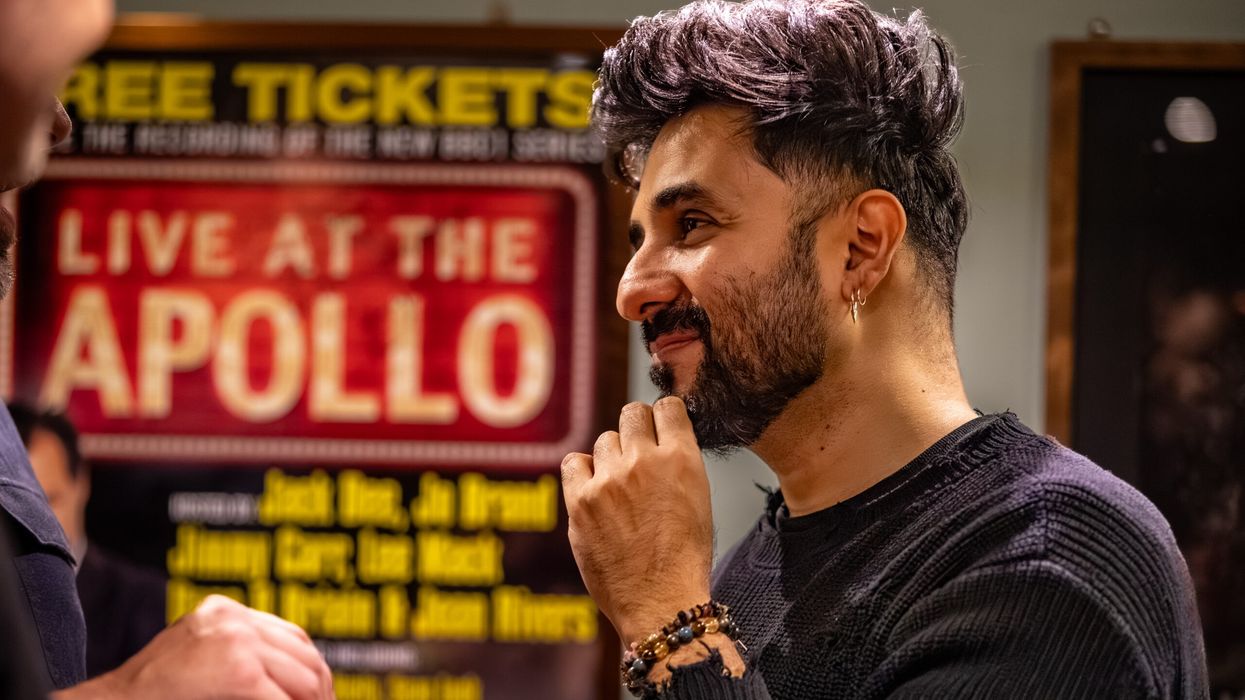INDIA’S most successful English-language standup comedian continues to showcase his unstoppable prowess, evident in his recent triumph at the International Emmy awards.
He is also in the middle of another mammoth world tour and recently delivered sold-out shows for UK audiences, including at the iconic Hammersmith Apollo in London.
The first and second halfs both opened up with newcomer Aadar Malik, who did a good job warming up the eager audience for a comedy giant who is growing in stature with every show. While renowned for taking audiences on laughter-filled journeys, his latest show, Mind Fool, deviates at times, but ultimately finds its destination. Das blended hilarious jokes with life lessons and astute observations on the state of affairs, using his signature blend of humour and social commentary.
In the first half, he shone a spotlight on random topics like Gen-Z, politics, influencers, the scourge of social media and a morally bankrupt middle class. There was also a magnificent joke about pronouns, connected to the trouble he has been in for his explosive sets, and a wonderful bit about no one being truly honest. There was more of the same in the second half, as the skilled orator spoke on subjects like therapy, kindness, his first heartbreak and getting in trouble with the police at different stages of his life.
His astute commentary on the current state of India was delivered with remarkable finesse, subtly conveying his message. Weaving together diverse threads, he presented one of the most comprehensive sets ever witnessed from an Indian stand-up comedian. It was no surprise when the packed venue gave him a prolonged standing ovation. Undoubtedly, this set, bound for streaming platforms, is poised to become a must-watch.




